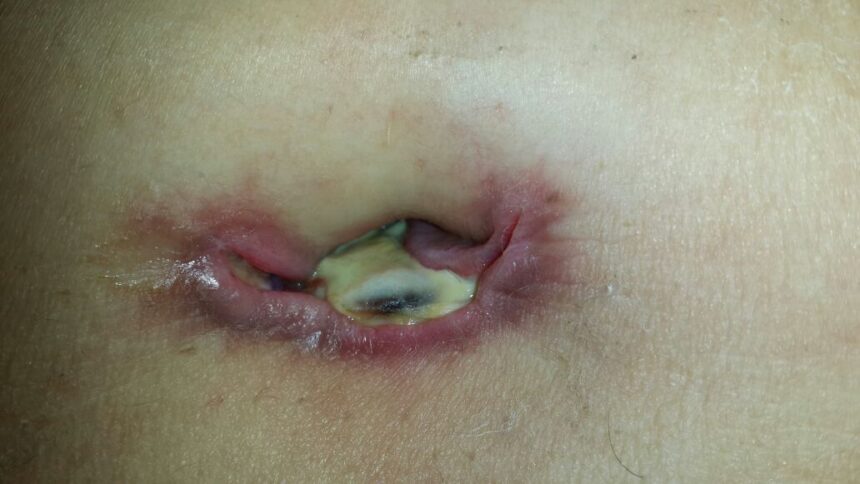A hernia occurs when an organ or fatty tissue pushes through a weak spot in a surrounding muscle or connective tissue called fascia. Surgical intervention, specifically hernia surgery, is a common approach to repairing a hernia, alleviating discomfort, and preventing potential complications. Understanding the process can help you prepare for the procedure and manage your recovery.
Before the Surgery
In the weeks before your hernia surgery, your surgical team will give you detailed instructions. This typically includes a preoperative evaluation. The evaluation consists of a physical exam, blood tests, and a thorough review of your medical history. Discuss all current medications and supplements with your doctor. You may need to discontinue certain medications, such as blood thinners, before the procedure.
You will also receive specific fasting instructions. You will typically refrain from food and drink from midnight the day before your surgery. Adhering to these guidelines is beneficial for your safety, and it also benefits the operation’s success. This preparation helps make sure you are in optimal health for the procedure.
During the Surgery
Hernia repair surgery is generally performed using one of two main techniques: open surgery or laparoscopic (minimally invasive) surgery.
- Open Surgery: The surgeon makes an incision near the hernia, pushes the protruding tissue back into place, and then strengthens the weakened muscle wall, often with a synthetic mesh to provide added support and prevent recurrence.
- Laparoscopic Surgery: This method involves several small incisions, through which the surgeon inserts a camera (laparoscope) and specialized instruments to perform the repair with precision and minimal tissue damage.
The procedure is performed under anesthesia so that you do not feel pain. The anesthesia, general, regional, or local, will depend on the specifics of your surgery and your overall health. Your surgical team will carefully monitor your vital signs throughout the operation to make sure your safety and comfort.
After the Surgery
After surgery, medical staff will move you to a recovery area and monitor you as the anesthesia wears off. Your hospital stay will depend on the type of surgery and your recovery progress; many hernia repairs allow you to go home the same day. You can expect some pain, swelling, and bruising around the incision site, which you can manage with prescribed or over-the-counter pain medication.
Your doctor will provide guidelines for resuming activities. Light activities, such as walking, are often encouraged soon after surgery to promote circulation. You will need to avoid strenuous activities, heavy lifting, and intense exercise for several weeks to allow the surgical site to heal properly.
Manage Long-Term Healing From Hernia Surgery
Successful long-term healing after hernia surgery depends on carefully following your surgeon’s postoperative instructions. Attending all follow-up appointments helps monitor your progress. It also addresses any concerns. Maintaining a healthy lifestyle, including a balanced diet and regular exercise once cleared by your doctor, can support your overall recovery. It can also help prevent future hernias. Proper care of the incision site is also beneficial in minimizing scarring and reducing the risk of infection.














